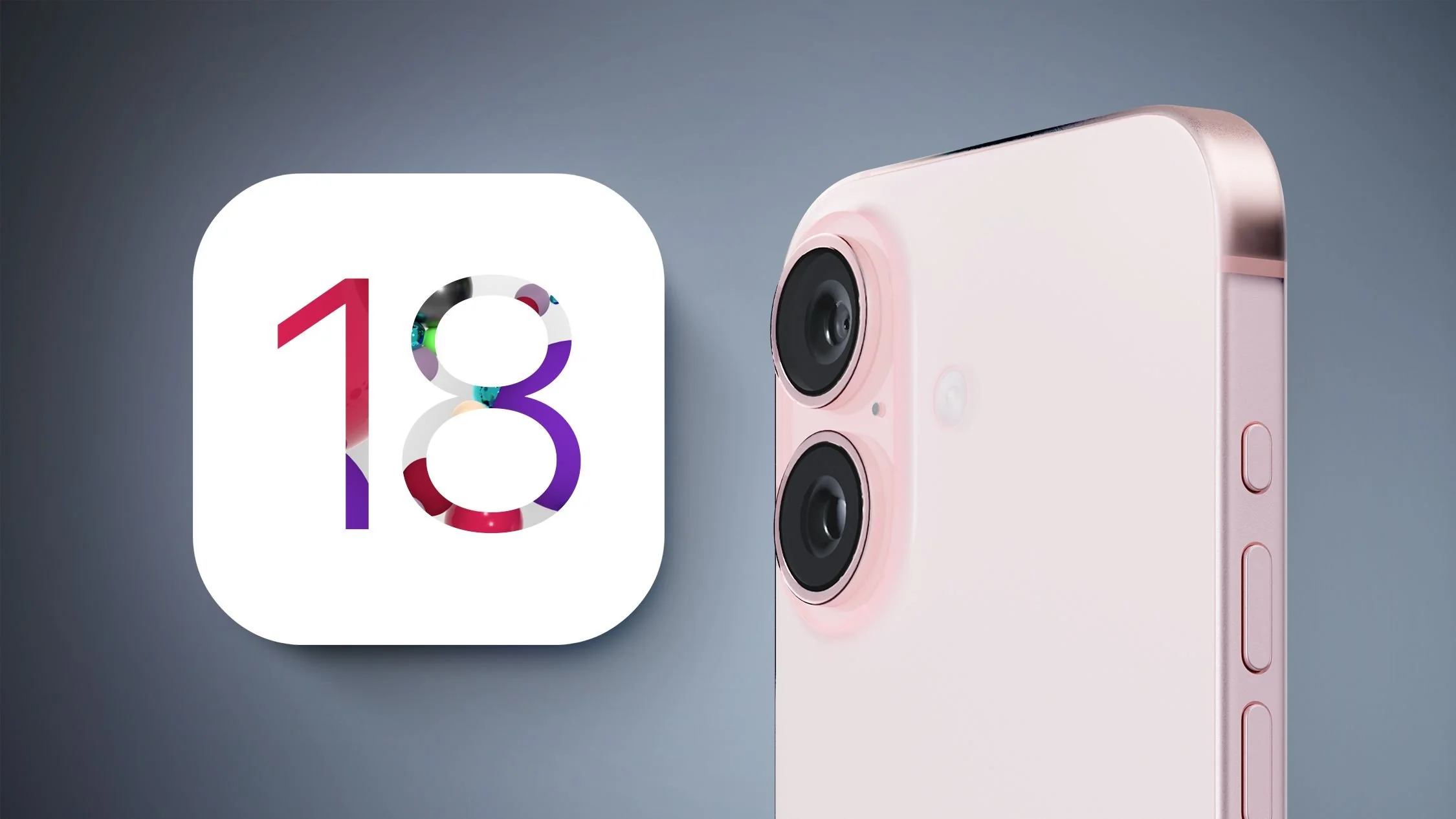Apple’s upcoming iPhone 16 series is poised to mark a significant leap in smartphone technology, particularly in the realm of artificial intelligence (AI), with the integration of the next-generation A18 chip. Designed to harness the full potential of iOS 18’s generative AI features, the A18 chip is expected to significantly enhance user experience and open new frontiers in mobile computing.
Key Highlights:
- The iPhone 16 lineup is anticipated to feature the A18 and A18 Pro chips, offering improved performance and efficiency.
- Enhanced Neural Engine in the A18 chip for superior AI and machine learning capabilities.
- Introduction of new generative AI features in iOS 18, potentially including advanced Siri interactions and AI-assisted content creation.
- Expected improvements in display technology, camera systems, and thermal design for better overall performance and user experience.

The forthcoming A18 chip, rumored to be built on a cutting-edge 3-nanometer process, signifies a substantial upgrade over its predecessors, aiming to deliver not only improved efficiency and processing power but also to specifically enhance AI-driven operations. This strategic focus is in direct response to the evolving demands of mobile technology users and the increasing integration of AI in everyday applications.
Apple is rumored to significantly upgrade the Neural Engine within the A18 chip, which is pivotal for processing AI tasks. This enhancement is expected to enable the iPhone 16 series to handle more complex AI and machine learning tasks, thereby significantly improving performance in AI-driven features and applications.
iOS 18 is set to introduce a suite of generative AI features that will likely leverage the enhanced capabilities of the A18 chip. These features may include improved interactions between Siri and other applications, auto-generated playlists in Apple Music, and AI-assisted content creation in productivity apps. While iOS 18 will bring many of its new AI features to all compatible iPhones, certain advanced on-device AI functionalities might be exclusive to the iPhone 16 models, highlighting the importance of the A18 chip in enabling these capabilities.
In addition to the AI-focused enhancements, the iPhone 16 series is expected to boast several other significant upgrades. These include a new micro-lens OLED display technology for brighter screens and reduced power consumption, an innovative thermal design incorporating graphene for superior heat dissipation, and updates to the camera system that promise better performance and image quality. Moreover, the inclusion of a “Capture Button” for enhanced photo and video taking experiences, along with increased storage options and the adoption of Wi-Fi 7 technology, further accentuates the iPhone 16’s position as a technological powerhouse.
Conclusion :
The integration of the A18 chip with a significantly improved Neural Engine in the iPhone 16 series represents Apple’s commitment to pushing the boundaries of mobile technology. By harnessing the power of generative AI, the iPhone 16 not only aims to enhance user experience through personalized and intuitive interactions but also sets a new standard for what smartphones can achieve. As we look forward to the official announcement and release, the anticipation builds for a device that not only meets the demands of modern users but exceeds them, defining the future of mobile computing.


















